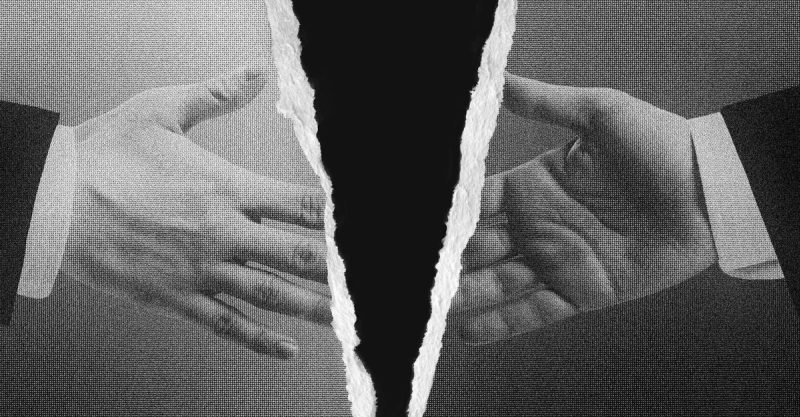
A few days ago, my phone buzzed with a message from a friend. She was sheltering in a parking lot, during a Russian air strike, and wanted to know if I’d seen the news: America was pressuring Ukraine to cede Crimea to Russia. I replied, but she never responded. I tried to picture her—perhaps a strip mall at the edge of town, a place where people once bought groceries, now a refuge from missiles. As I write this, I still don’t know if she survived.
The news didn’t surprise me. By now, I expect nothing less. Vladimir Putin annexed Crimea in 2014, when I was 14. Crimea felt distant from my home in Horlivka, in eastern Ukraine, where I was studying for a history exam—an exam I never took.
The reality of Putin’s aggression hit home. The idea of appeasing him to end the conflict is utterly naive, based on a dangerous misunderstanding of the situation. Concessions only embolden him, fueling further aggression, not ending it. This isn’t a negotiation; it’s a war of conquest, and appeasement only prolongs the suffering.
My experience, like that of countless Ukrainians, demonstrates the futility of such a strategy. We have witnessed firsthand how Russia’s expansionism continues, regardless of concessions made. Each act of appeasement merely buys time for the next escalation, resulting in more displacement, destruction, and death. The belief that giving in to Putin will bring peace is a dangerous illusion.
The West’s continued focus on appeasement is not only morally reprehensible but strategically flawed. It sends the wrong message, not just to Putin, but to other potential aggressors around the world. It rewards aggression and invites further conflict. What is needed is decisive action, not weak compromises.
My friend’s silence haunts me. Her fate, and the fate of countless others, hangs in the balance. Appeasement is not a solution; it is a recipe for continued tragedy. We must stand firm against Putin’s aggression, not only for Ukraine’s sake, but for the sake of global security and peace.










